Is self love a vanity metric?
Notes on art, life, and what happens when we stop trying to love ourselves.
”If you don't love yourself, how do you expect others to love you.” This quote sits framed on someone's desk right now. Someone is sharing it on their Instagram story and someone is nodding on it in their therapy session. And why not? The quote sounds profound, wise even. It can make you pause and think, “Yeah, that makes perfect sense.”
Except it doesn’t.
People don’t fall in love after knowing if you love yourself or not. They fall in love in love with what they see in you — a reflection of themselves, or a reflection of something they like or something that’s missing in their life.
In Jab we Met, when Geet first meets Aditya, he’s a man who has no desire to live. He has lost everything that made his life worth living.
Enters Geet. A girl so full of life she doesn’t know how to shut up. Aditya falls in love with Geet not because Geet ticks all the self love checkboxes (though she indeed does with her saying, “Mai apni favourite hoon.”/ “I am my favourite person.”) Geet shows Aditya a different way of looking at the world. Through her, he rediscovers not just love but life itself.
Aditya’s life that had shrunk to the size of his pain, expands itself to include midnight adventures, impromptu trips and possibilities he didn’t know existed. Their story isn’t about self love creating love. It’s about how simply living the life — messy, unexpected, sometimes painful life — creates the conditions where both love and connection can emerge naturally.
The people who loved most fiercely and created most beautifully in the history never waited at the checkpoint of self love.
Van Gogh didn’t master self love before he painted the Starry Night. From outside looking in he was perceived as mentally disturbed. But he had a beautiful mind, who saw beauty and love for it was. He wrote, “We must treat the world with so much good heart, so much energy, so much coolness, not taking things too hard.”
That’s a zest for life, not exactly self love.
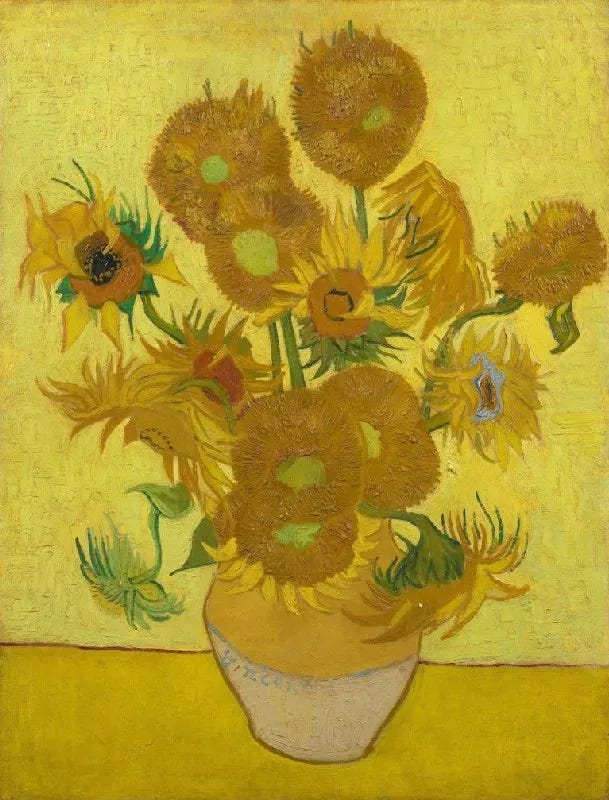
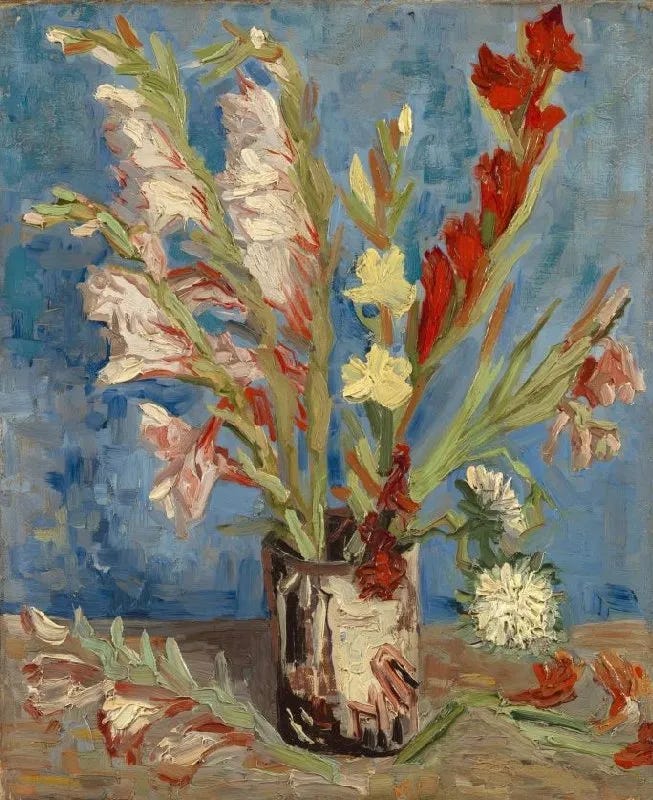
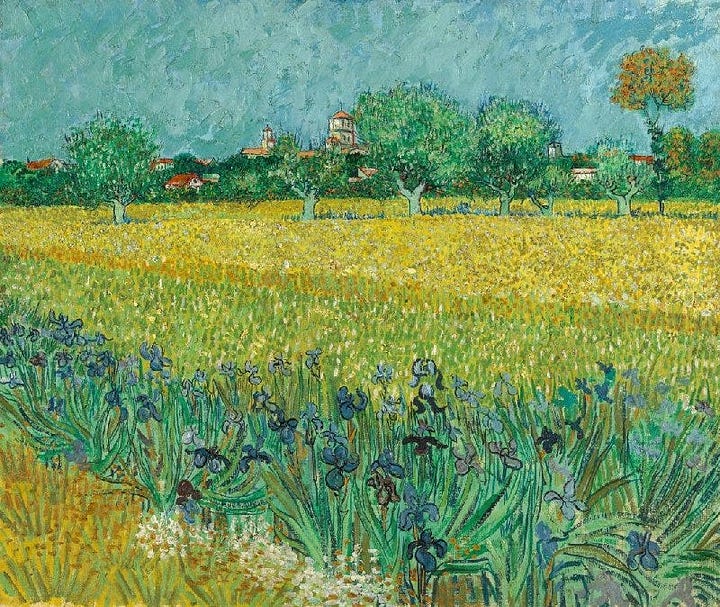

Van Gogh felt most alive, the most in tune with himself when he was doing god’s work. Doing what he felt he was called to do. Because of that, he could say, "As long as there's bread in the house and I have a little in my pocket to pay for models, what more could I want? My enjoyment lies in my work getting better — and that absorbs me more and more.”
Throughout history those who have created most beautifully haven’t done so from a place of self love, but from the connection to life itself.
Frida Kahlo was a medical student when got into an accident in 1925. Her spine was broken in three places, along with her collarbone, ribs, pelvis, leg, shoulder and foot. It was a miracle that she survived. During her recovery, she taught herself to paint. She didn't wait until she fully loved her broken body. She painted because she had to, because art was her way of engaging with life's pain and beauty. Her self-portraits weren't acts of self-love – they were her way of looking life straight in the eye, and saying "This is how I see the world from where I stand.”
We’ve turned self love into a checkpoint, a prerequisite for living and doing some good work.
Mozart is one of the greatest composers in history. But he didn’t had a great childhood. He was physically abused by his father, forced to practice for hours and perform across Europe from age three. In the ideal world that we live in today, he should have worked on healing his inner child. But he didn’t wait to compose until his inner child was healed. Instead he created some of the most beautiful music the world has ever heard.
The current idea of self love has become like a garden where we only tend to one flower – yourself.
But any gardener can tell you: a garden thrives when you care for the whole ecosystem. The soil, the insects, the interaction between plants, the way everything works together. You can't have a beautiful rose by ignoring everything around it.
The modern self love has manifested in superficial ways. So let me burst some myths for you:
Solo travel is not an act of self love. It’s the love one has for the world, for the unknown, for the people they are going to meet, for the unknown experience that’s awaiting them.
Solo date is not an act of self love. It's just you spending time with your thoughts, something humans have done since the beginning of time. Having some candles and good food around doesn’t hurt but it doesn’t mean a lot either.
The concept of self love has become so diluted that it serves more as a feel good distraction than actual work for growth or change. Growth comes from facing uncomfortable truths and making difficult changes, which the current notion of self love can often discourage in favour of unconditional self acceptance.
Oscar Wilde left us with this beautiful quote, “To love oneself is the beginning of a lifelong romance.” This quote instantly paints a rosy picture in our minds. But have you ever seen a romance with just the honeymoon phase? Without the tragedy, suffering, growth and unwaverring dedication?
Ultimately, self-love isn't something you achieve but something that happens while you're busy:
Building things that matter
Loving others fiercely
Engaging with life
Making interesting mistakes
Getting your hands dirty
Children love themselves unconditionally. They don’t need self affirmations, solo dates or skin care routines. They just need a life to live — through skinned knees and belly laughs and complete absorption in whatever captures their attention. For them self love isn’t a practice, it’s a side effect of being fully alive.
Maybe self-love isn't about curating the perfect relationship with yourself. Maybe it's about being so thoroughly engaged in living that the question of whether you love yourself becomes as irrelevant as asking whether your heart loves pumping blood.
And maybe, just maybe, in those moments when you forget to love yourself—when you're too busy loving life, loving others, loving the work—that's when real self-love quietly slips in through the back door waving a ‘Hey!’
📙Book I am reading this Week
The Art of Science and Engineering by Richard W Hamming. The book is interesting from the very start.
“The study of successes is more important than study of failures. There are so many way of being wrong but so few ways of being right, studying successes is more efficient and furthermore when your turn comes you will know how to succeed rather than how to fail.
That’s a wrap…
Take care and have a creative week.
Much love,
Akanksha🌻



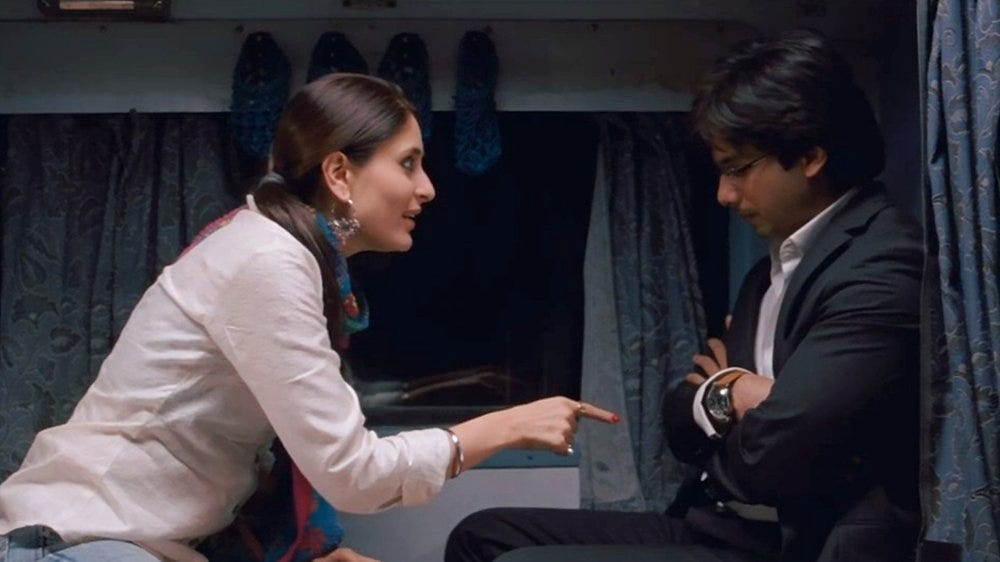
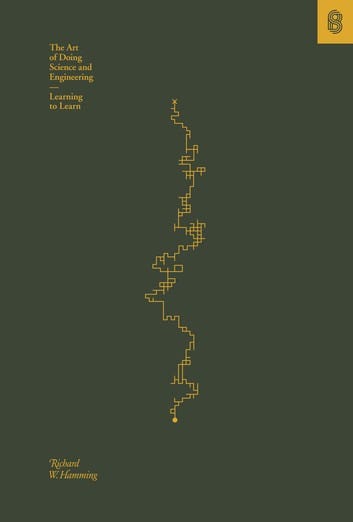
Wow! What a thought-provoking essay. I was just listening to a radio show on my drive to work which asked if New Age cultures are a little too focused on the self. Maybe this is a sign that 2025 is the time to look outwards, not inwards.
I felt that you really tied it together with the solo date/solo travel - calling them "self love" is a very shallow label.
I do find myself wondering if you are presenting the destination as the goal. Some people need to build the courage and the time to make interesting mistakes or even engage with life in the same vein as these artistic greats. Training oneself to reflect, look outwards, and take risks is a process - I'd be curious to hear your opinion on how a "beginner" should get started!
This is quite thought-provoking. Let me start by saying a couple things: (1) I am one such enthusiast for the saying "If you don't love yourself, how can you expect others to love you?" and (2) mein bhi apne favorite hoon. But it's a nuanced discussion. Some of your points I agree, others I disagree, and still others I'm somewhere in between.
I don't have time to go through every point in detail, but I'll talk about one point I agree on.
Agree: "Children love themselves unconditionally. They don’t need self affirmations, solo dates or skin care routines. They just need a life to live . . . complete absorption in whatever captures their attention. For them self love isn’t a practice, it’s a side effect of being fully alive."
As older we grow, so do our egos. Overwhelmed by adult responsibilities and stresses and unfulfilled dreams, we become more and more detached from the simple joys of life. Playing with friends. Rolling in the grass. Living in the present moment.
Connect with your inner child. Create space for that inner child. Self-love will come.